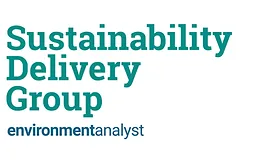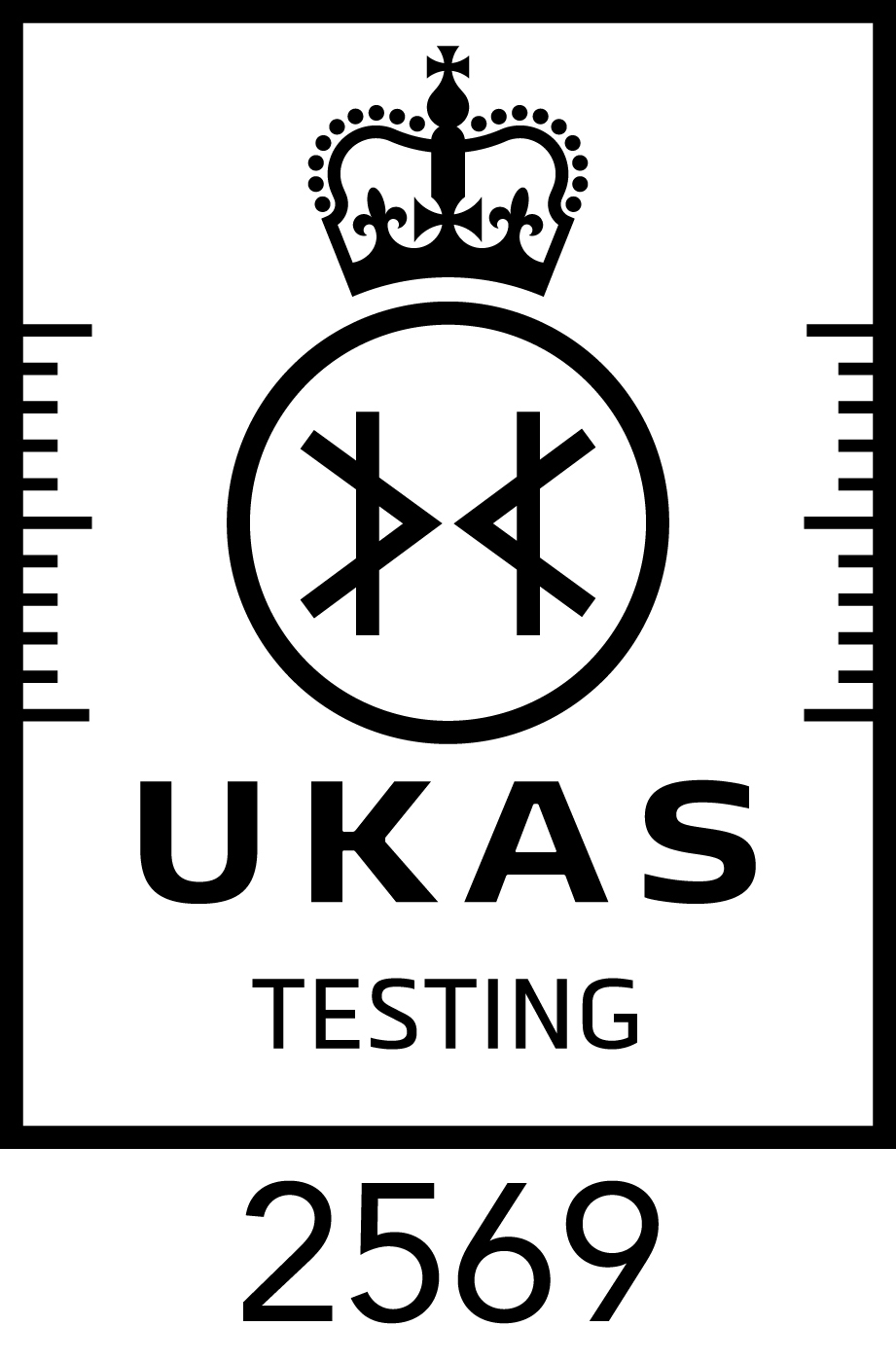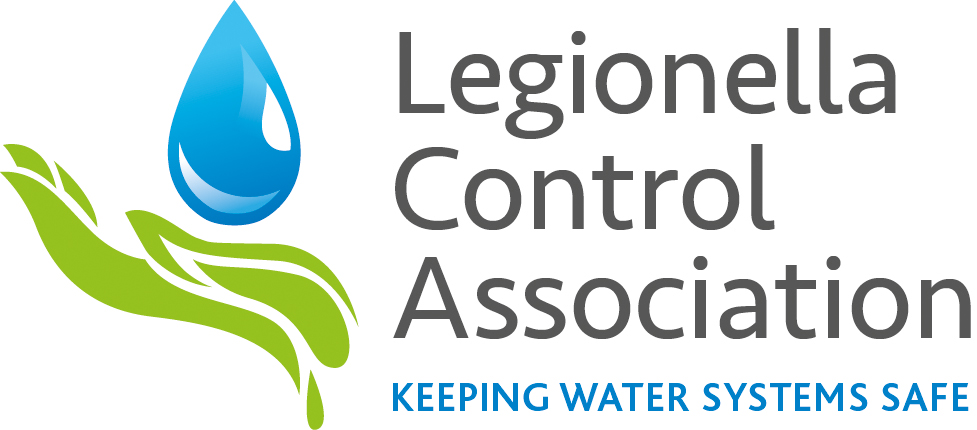On the 18th of January, the Department for Environment, Food and Rural Affairs (DEFRA) confirmed that Biodiversity Net Gain (BNG) would go live in February. Associate Ecologist Jonathan Spencer explores the benefits and impacts of BNG.
What is Biodiversity Net Gain
The statutory biodiversity metric (BNG) was developed by DEFRA, in collaboration with Natural England over 10 years. The metric, based on global best practices, aims to assess biodiversity value in development projects and calculate BNG.
It is a policy approach in England that requires developers to generate positive effects on biodiversity through development or construction projects of at least a 10% gain. The concept is designed to offset any potential biodiversity losses that may occur due to development, ensuring a positive impact on the environment.
When will Biodiversity Net Gain Become Mandatory?
The UK government introduced the BNG initiative through the Environment Bill, which became law in 2021. A 20-month transition period was put in effect, to allow Local Planning Authorities (LPA) to adopt the Environment Act 2021 into their local policies. These 20 months were extended. The original launch date of November 2023 was pushed back to February 2024.
Starting from 12th February 2024, BNG will become mandatory for new planning applications for major development, as per the Town and Country Planning Act (TCPA) 1990. Major development includes residential projects with 10 or more dwellings or sites larger than 0.5 hectares. BNG for small sites, involving 1 to 9 dwellings or commercial developments with less than 1,000 square meters of commercial floor space or a site area under 1 hectare, will be enforced from April 2, 2024.
How will BNG Applications Be Prioritised?
The application of BNG will be prioritised for planning permission applications, with exemptions for retrospective permissions. BNG will not be mandatory for applications made under other routes, such as deemed permissions or Local Development Orders until further regulations are introduced. Developers may still voluntarily implement BNG in these cases.
Transitional arrangements ensure that statutory BNG only applies to planning applications made on or after February 12. Planning permissions granted before this date or those subject to section 73 variations will be exempt. Minor changes have been made to the legislation since its draft release in November, addressing concerns about the de-minimis exemption and biodiversity gain hierarchy.
What Benefits Will BNG Bring?
The implementation of BNG is considered a significant step in implementing the Environmental Improvement Plan, aiming to ensure new developments contribute to nature recovery and help meet species abundance targets by 2030.
The main goal of BNG is to help halt the decline of biodiversity by requiring developers to retain, enhance and create natural habitats and increase the number of native species within a specific development site. However, this is not always feasible to achieve during development.
Biodiversity Credits
Once BNG becomes mandatory in England, developers will have access to a credit sales service to purchase these credits.
DEFRA’s Statutory Biodiversity Credits Prices provide developers with the option of buying statutory biodiversity credits as a last resort where they cannot achieve BNG through on-site or off-site measures on their project. Developers will be required to demonstrate that the mitigation hierarchy has been followed and all other options have been explored before the LPA will accept the credit payment.
How is biodiversity net gain assessed?
Updated in March 2023, the Government’s Biodiversity Metric Calculator takes a habitat-based approach used to assess an area’s value to wildlife. The metric uses habitat features to calculate a biodiversity value. Using the metric, an audit of habitats is undertaken during a field survey (it can be done using data from Preliminary Ecological Appraisals; specifically, UK Habitats survey results).
Larger areas of higher-quality habitats receive higher values, requiring more effort on the part of the developer to replace and achieve a net gain for biodiversity. Thus, there are incentives to avoid important habitats in favour of sites which are not important for biodiversity; for example, achieving a net gain following the removal of woodland would be more difficult than the removal of ornamental planting.
How can we help?
- Sustainable master planning – support early to identify constraints and opportunities using GIS (Geographic Information Systems) and preliminary BNG calculations.
- Provision of BNG calculations by undertaking DEFRA Metric assessments.
- Development of net gain strategies for developments through the provision of habitat creation plans and enhancement programs.
- Working closely with architects and landscape planners to ensure net gain is applied through the project life cycle.
- Consultation, negotiation, and management of biodiversity net gain requirements with Local Planning Authorities and Natural England.
- Preparation of 30-year management and monitoring plans
Need help to understand if your proposals will result in a positive or minus score need the next steps with regards to BNG? Contact our specialist ecologist team by submitting an enquiry or using the contact details below.
About The Author
Jonathan has 14 years of experience working as an ecological consultant. He has undertaken numerous Extended Phase 1 Habitat surveys, carried out survey works on large infrastructure schemes, and smaller-scale developments, including solar and wind farm schemes, commercial, industrial, and residential developments. Jonathan holds a Natural England Great Crested Newt (GCN) survey licence, a Natural England Bat survey licence, and a Roost Visitors licence.
Jonathan has undertaken BNG assessments for several residential (both small-scale and large-scale), logistics parks, energy, and public sector developments. He is proficient at undertaking the BNG assessments using the DEFRA Metric 4.0. Jonathan engages with developers/design teams early to provide a BNG risk evaluation for due diligence and can highlight the key issues that may result in a negative score with regards to BNG and provide the suitable habitat recommendation to achieve a net gain for Biodiversity. Jonathan also reviews and comments on landscaping plans to provide suitable habitats to achieve a positive net gain. In addition to the net gain calculation, Jonathan can produce 30-year Biodiversity Ecology Management Plans (BEMP) that are required with the BNG calculation.
Contact Associate Ecologist Jonathan Spencer to help get your project back on track:
E: jonathan.spencer@deltasimons.com
T: +44(0)7580 111 946

























